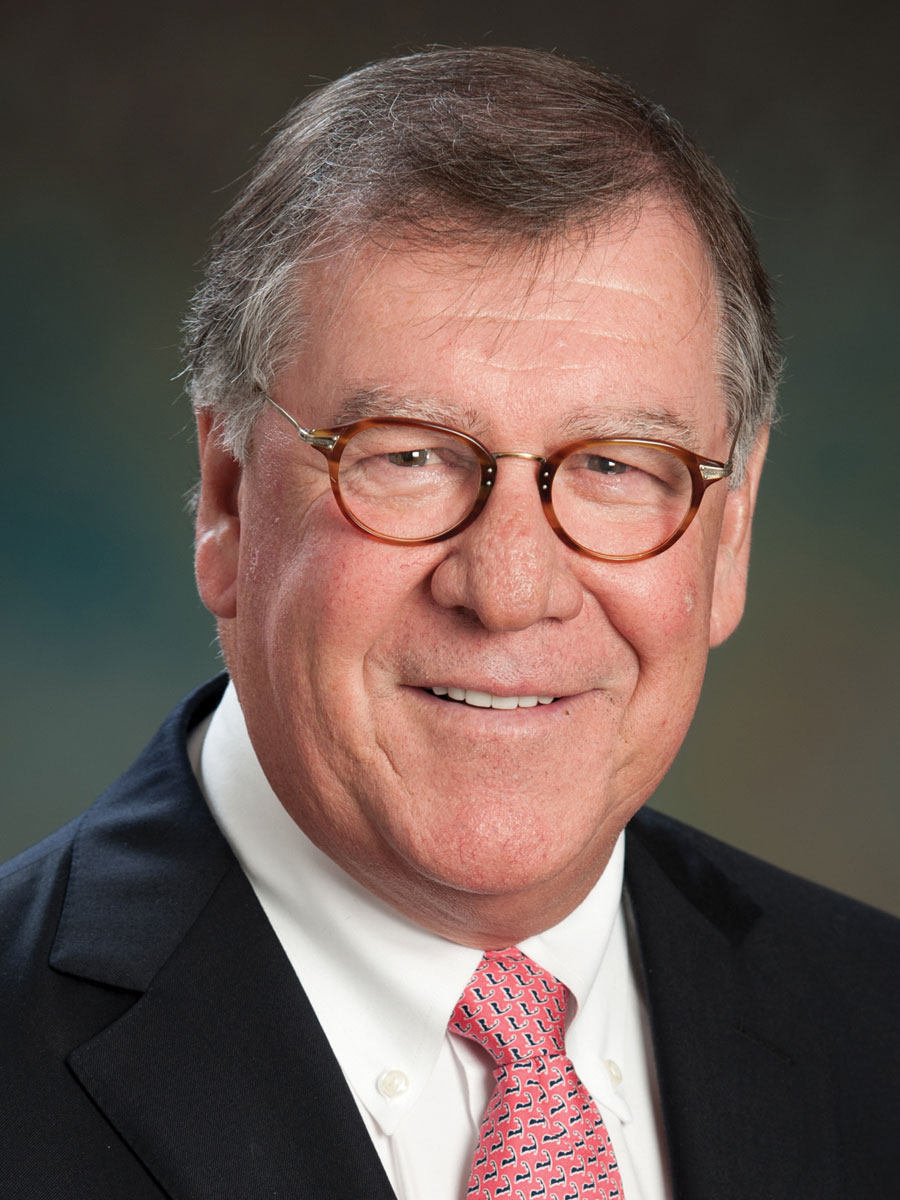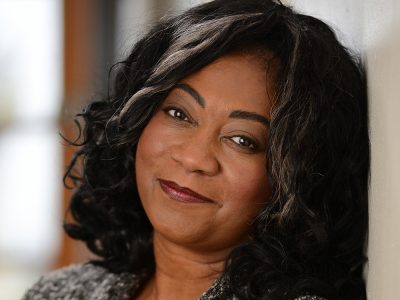This profile was part of the Faculty of Public Affairs’ 75 for the 75th series, which highlighted 75 notable alumni in FPA in honour of Carleton University’s 75th anniversary. These stories were published in 2016 and 2017.
William Fox, Consultant, Stikeman Elliott LLP
Senior Fellow, Massey College, University of Toronto
Master of Journalism (’94)
PhD, Communication (’13)

Dr. Bill Fox’s journalism career began at the Ottawa Citizen, where he worked as a copy boy while pursuing undergraduate studies at Carleton.
He quickly advanced to a staff writer position, working four years before leaving to study French for a year in Paris. When he returned, he became the Quebec correspondent for the Southam News Service and eventually Southam’s parliamentary correspondent in 1977.
“Covering national politics turned out to be every bit as exciting as I hoped,” he says. “Pierre Trudeau’s defeat and Lazarus-like return to politics, the national unity story, the patriation of the constitution, and the Quebec referendum campaign were literally history in the making.”
He went on to be the Ottawa bureau chief and the Washington bureau chief for the Toronto Star. But even after achieving his childhood dream of both parliamentary reporting and a foreign posting, Dr. Fox still found himself looking for more.
“I never expected to be anything but a reporter in my life,” he explains. “But once you become a reporter, there are pressures around you to become a manager. They were always farming me out for management training.”
Rather than following that path, Dr. Fox turned his eye towards politics. He became the press secretary for the Leader of the Official Opposition, Brian Mulroney, in 1984 and soon found himself in the Prime Minister’s Office.
“I received mixed reviews. I was seen as an aggressive personality and a bit confrontational,” he recalls. “I was operating like you do in a newsroom: decisions are made in a time sensitive way so there wasn’t time for diplomatic niceties.”
Dr. Fox left in 1987 with “a lot of scar tissue” and the need to gain a better understanding of his experience in politics during that era. He paid a visit to Professor Stuart Adam in Carleton’s School of Journalism and Communication.
“He literally reached behind his desk and pulled out a book by Thomas C. Leonard with the premise that media is a primary site of political discourse,” says Dr. Fox. “I thought, ‘I need to find out more.’”
Dr. Fox wrote his master’s thesis about media coverage during the 1993 federal election in between consulting stints. Two years later, he won a fellowship to the Shorenstein Center on the Media, Politics and Public Policy at the Kennedy School of Government at Harvard University.
“I had unbelievably good fortune. Harvard opened up all of these doors to thinking in this area,” he recalls. It also led to his book, Spin Wars, Politics and New Media. “It changed my life.”
In the next phase of his career, Dr. Fox took that deeper understanding of media dynamics into the private sector, heading up public affairs departments for CN, Bombardier, and Bell Canada.
Then, in his 60s, he received a call from Carleton Professor Chris Dornan, inviting him to consider the newly established PhD in Communication.
“I was interested, but not sure I had the wherewithal to become the world’s oldest graduate student,” he says with a laugh. “But I did it as part of my ongoing search for a better understanding of the dynamic between media, politics and public policy.”
After earning his PhD in 2013, Dr. Fox had the chance to return to Carleton again—as Practitioner-in-Residence in the Master of Political Management (MPM) program. In that role, he established a student experience fund for MPM students, which enables them to gain first-hand exposure to major political events such as U.S. presidential primaries.
The effort reflects Dr. Fox’s desire to continue his lifelong relationship with Carleton University.
“I am acutely aware of how many opportunities in my life were created by my connection to Carleton, so I have an obligation to give back,” he says. “Helping students seemed like an ideal way to do that.”
Tuesday, November 8, 2016 in #FPA75, Career Paths, Communication, Journalism
Share: Twitter, Facebook



